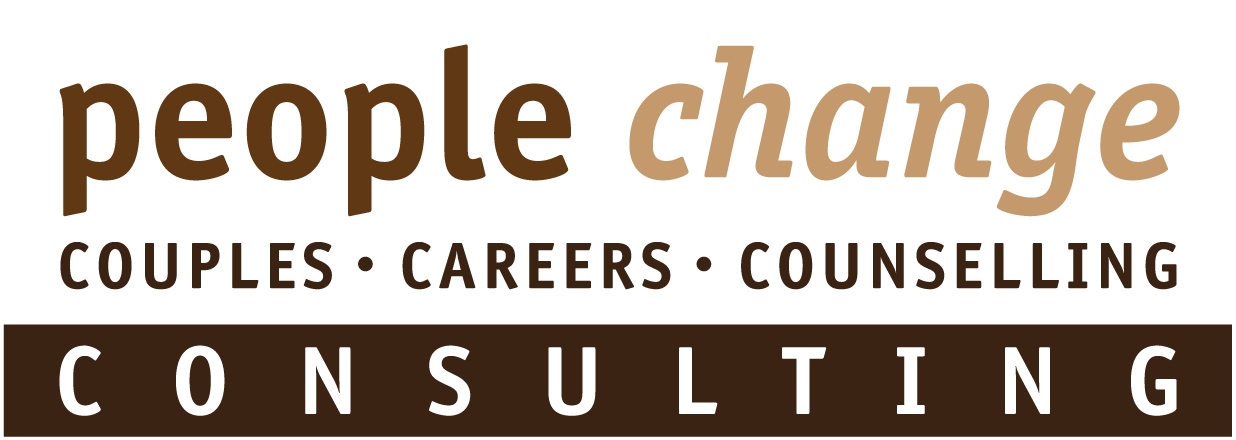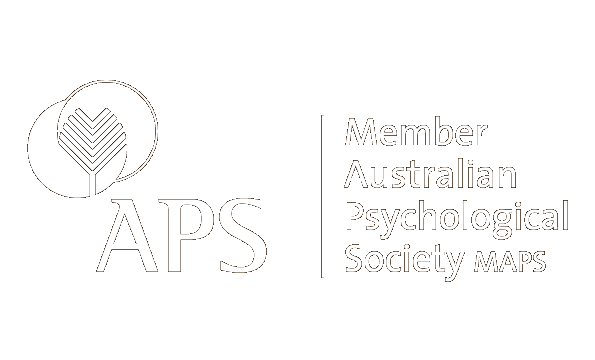Your needs
My clients often come with a sense of having lost their “anchor” point or person in their lives. A feeling that there was something, that helped make sense of the range and fluctuations in living, that is now not with them. The uncertainty of: what is missing, what is this emptiness, when will that something return ? These are often the puzzling feelings that lie beneath the events of a relationship breakdown or a job loss or a conflict with a workmate / supervisor.
Each person comes with a unique story and experience to show and review. I endeavour to see, hear and learn of the difference in their experience. We seem to “work” together on their struggle, of that sense of what’s missing or what’s long awaited, when I have understood their unique and different experience.
Sometimes the discovery is not of “a” missing “anchor” point/person, but of trust in a process which includes: “mindfulness”; sensitive self/other awareness; careful reflection; identity building and planful behavioural change.
 My clients continue to bring to our meetings a breadth and depth of human experiencing, and capacity to reflect and review, that has substance and integrity. When I have been able to recognise and appreciate: their personal world and resources, their readiness to open their story, then I have felt a legitimacy to offer my thoughts, felt reactions and even add some options or plans. When we “work” together with this respect, and our capacities, then I often find the client is discovering their strength or that sense of the something that was missing.
My clients continue to bring to our meetings a breadth and depth of human experiencing, and capacity to reflect and review, that has substance and integrity. When I have been able to recognise and appreciate: their personal world and resources, their readiness to open their story, then I have felt a legitimacy to offer my thoughts, felt reactions and even add some options or plans. When we “work” together with this respect, and our capacities, then I often find the client is discovering their strength or that sense of the something that was missing.
Examples of areas of concern or confusion include:
- Anticipating or daunted by the need for personal, career or relationship change
- Signs (eg sleep disturbance, agitation, frustration) of anxiety or depression
- Major life changes – redundancy, retrenchment, promotion, death of family member
- Relationship developments and separations – with your partner or aging parents
When you want to:
Discover capacities, experiences and behaviours which mark your life
- Strengths & limits in capacities
- Expectations of self and others
- Patterns of decision-making and problem solving
Explore patterns as: foundations for OR disruptions to development
- Highlights and distortions in the current situation
- Attractions and fears in new paths and goals
- Major steps in making change in yourself or influencing others
Face new ways – to understand and/or behave in situations
- Allowing alternate ways of understanding the current situation
- Review how “anchored” you are in current behaviours
- Trial new ways of understanding and behaving
Decide on ways and means to manage your path to development
- Steps to a decision – stages
- Trial your readiness to act/move/decide – sample the change
- How/when to announce the change – committing to the decision/pathway
Act recognising the complexity in: oneself, family & work relations
- Prepare self and others
- Take the first/initial steps – follow through
- Review outcomes – gains and losses
In summary – when you want –
Understanding: sorting out feelings, thoughts & experiences
Discovery: finding values & skills within anxiety & depression
Action: preparing, beginning & maintaining behaviours/relationships
Our Service
Generally, I am looking for the clients “felt sense” as a guide or path to realising the values lying within themselves. Getting through the protective membrane of risk/danger/pain, that is hiding the important and informative feelings of hope, love, sadness, shame, anger etc, is the important passage. Coming to know these primary emotions is often the source for knowing the something that was missing. I believe these primary emotions inform us of our identity and allow us to relate to another.
Counselling can assist in:
- Recognising existing feelings and experiences
- Clarifying thoughts and beliefs about relating to people
- Responding to signs of anxiety and depression
- Enabling plans and actions to develop
In recognising and clarifying the client’s thoughts and emotions, we will sometimes encourage the discussion of the client’s creative and / or personal expressions in diverse modes of their imaginative, creative or art work.
QUALITY ASSURANCE
Credentials – professional education & experience
Across 30 years of practice as a psychologist, John’s professional interests have “morphed” from individual career and rehabilitation counselling, to social/community/organisational consultations, to couples counselling. John is a member of the APS Colleges of Counselling Psychologists and Organisational Psychologists.
Reinforcing his focus on couples counselling, he has studied under current world authorities in this field, namely Prof. Les Greenberg (Toronto), Dr. Veronica Kallos-Lilly (Vancouver), and Drs John and Julie Gottman (Seattle). Their major orientation is improving communication between couples, especially through acknowledging underlying primary emotions. The driving needs for attachment and individual identity, of each partner, are explored through facilitated discussion of “checklists”, reviewing “key” moments and behavioural trials. The Gottman’s outline 3 therapeutic stages: Conflict Management, Re-creating Relationship/Friendship and Finding a Shared Vision.
Appreciating the importance of partner relationships to maintaining health and work performance, John has contributed to numerous APS presentations for psychologists on careers, couples and rehabilitation counselling. He has frequently collaborated with senior practitioners and academics in presenting at (national and international) conferences and publishing articles on professional practices of psychologists.
Selected sample of publications and presentations
- Alder, J & Phillips, L (2012) Reflective Practice in Counsellor Education, (Symposium) PACFA Conference, Parkville
- Sturmey, I. & Alder, J (2011) “Maintaining Love: Psychologists and their partners” (Workshop), APS Conference, Canberra
- Alder, J & Elliot, R (2007) Establishing the APS Coaching Psychology Interest Group in 1998 – 2002, (Paper Presentation) APS 3rd Biennial Symposium on Coaching Psychology, Darling Harbour, Sydney
- Alder, J (2003) Profile of Professional Practice, (refereed article) Australian Journal of Counselling Psychology, (Spring) 4-5
- Alder, J, Niblo, D, Pearce, J, & Williams, P. (1999) An evaluation of an heuristic model for teaching conflict management, (Professional Practice Forum), Australian Psychological Society National Conference, Hobart
Selected sample of projects
- Wells, Y. & Alder, J, (2008) Evaluation of DHS Service Co-ordination Tools, Primary Care Institute, Latrobe University
- Sharpe, C & Alder, J. (2004) Evaluation of OCPE Domestic Violence Officers Recruitment Program (SA DFC)
- Cross, D. & Alder, J. (2003) Evaluation of SA Refugee Welfare Services for DIMIA

